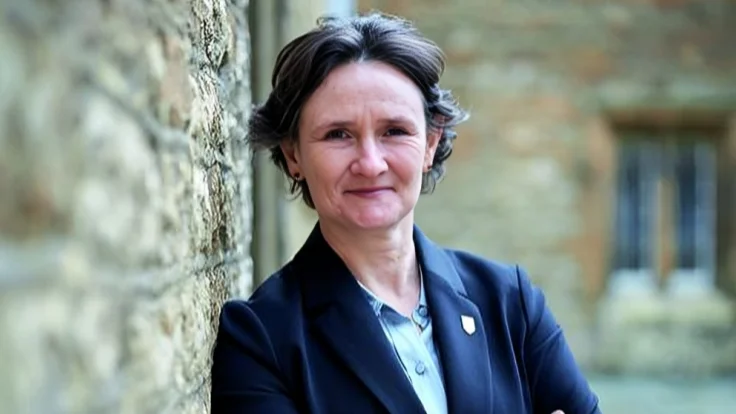The University of Oxford has announced the creation of the Oxford Centre for Emerging Minds Research, supported by a £27 million donation from The Paul Foundation. The centre will focus on improving mental health in children and young people by identifying their strengths and interests, and developing methods to prevent and treat emerging mental health conditions.
The centre aims to address rising concerns about youth mental health. According to an NHS survey in 2023, one in five children had a likely mental health condition, up from one in nine in 2017. Researchers at the new centre plan to work with children, caregivers, policymakers, and practitioners to develop psychological approaches that can be used by families, schools, and society.
The research team will be based in the Life and Mind Building at Oxford, which is scheduled to open this autumn. The Paul Foundation’s gift includes funding for an experimental classroom within this facility.
Professor Irene Tracey, Vice-Chancellor of the University of Oxford, said: “The Paul Foundation’s landmark gift will bring some of the brightest minds together to find solutions to debilitating mental health conditions among children and young people. I look forward to witnessing the centre’s achievements, and I am confident that the new approaches developed there will make a significant difference to future generations.”
The new centre builds on previous initiatives such as the Emerging Minds research network (2018-22) and The Oxford Psychological Interventions in Children and adolescents (TOPIC) research group. Both have been led by Professor Cathy Creswell.
Professor Creswell stated: “We are incredibly grateful for this gift from The Paul Foundation, in support of our commitment to have a positive impact on the lives of children and young people. The new Oxford Centre for Emerging Minds Research will accelerate and strengthen research-driven change in child and adolescent mental health, including the development and delivery of effective new therapies and approaches for children and their families, schools and communities.”
Earlier support from The Paul Foundation enabled evaluations of two online therapies: Online Support and Intervention for Child Anxiety (OSI) for ages 5-12, and Online Social Anxiety Cognitive Therapy for Adolescents (OSCA) for ages 11-18. Both were later recommended by NICE for use within the NHS.
In 2023, additional funding allowed further research into how autistic children can use their strengths with help from families, teachers, and professionals.
Professor Gavin Screaton, Head of Oxford’s Medical Sciences Division said: “Working in partnership with The Paul Foundation over the last three years has enabled us to advance research that is already making a real difference to children and young people in the UK and across the world. The establishment of the centre ensures this ambitious and important work continues to develop and broaden its reach in the longer term.”

